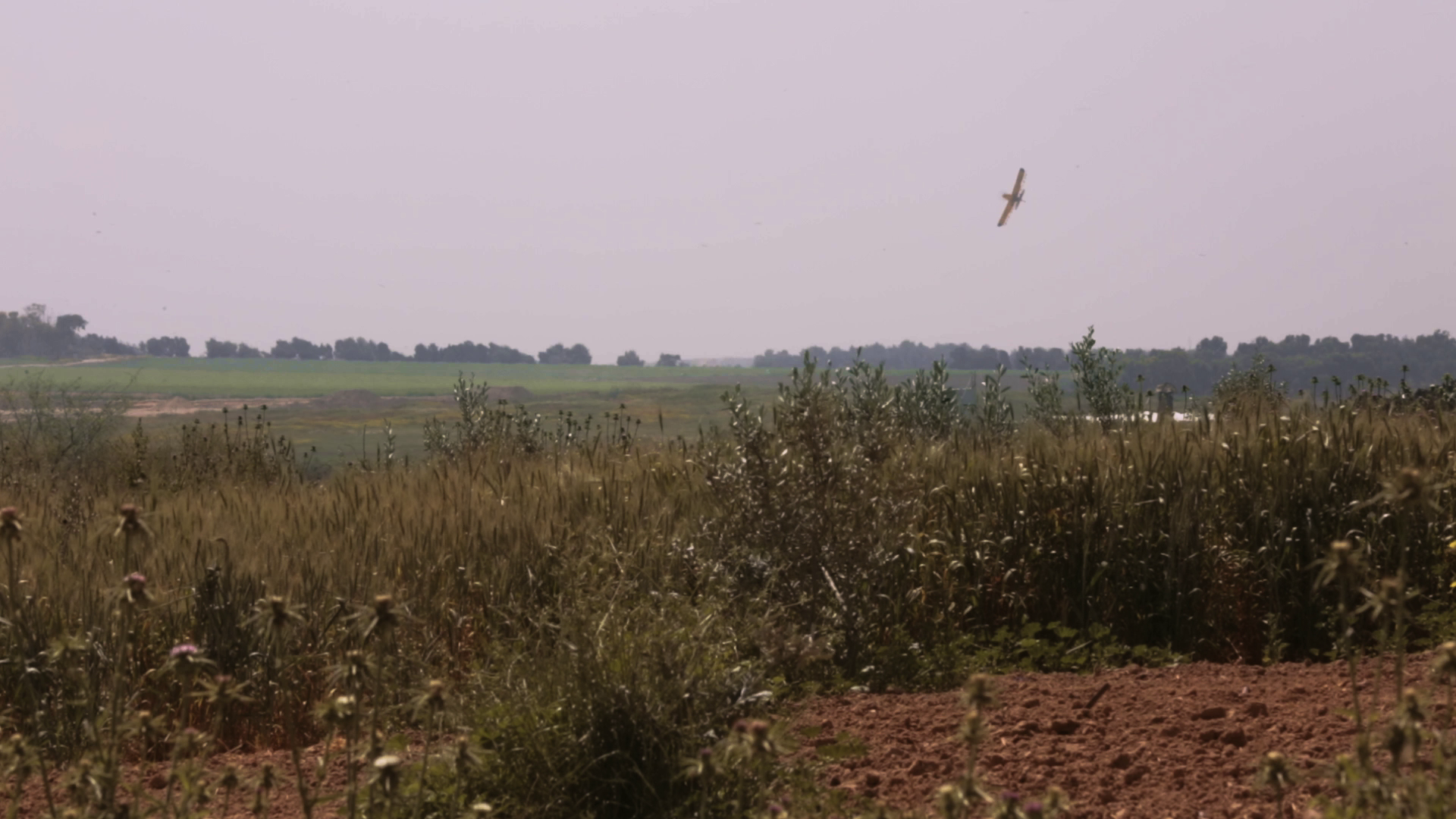On the International Day for Preventing the Exploitation of the Environment in War and Armed Conflict
November 6 of each year marks the International Day for Preventing the Exploitation of the Environment in War and Armed Conflict, as declared by the UN General Assembly in November 2001 to highlight the damage caused to the environment by war and armed conflict. This year, the occasion is marked by Israel’s continued targeting and politicization of the environment within Palestinian territory.
In May 2021, Israel carried out a full-scale military bombardment against the Gaza Strip, striking a number of environmental components. One example that stands out is Israel’s bombing and destruction of the Khudair’s Group agricultural warehouse in As-Siyafa, North Gaza. The burning of the warehouse and its contents caused a massive, toxic smoke cloud to form. The surrounding residents were directly affected by the strong odor that the burning chemicals produced and evacuated their homes as a result. Shortly afterwards, experts raised alarm at the potentially catastrophic consequences that the incident would have on the environment, public health and agriculture. The offensive also caused severe damage to public infrastructure required to maintain public health, notably electricity, water and sewage networks, coinciding with the spread of the dangerous COVID-19 pandemic. Further, since Israel simultaneously tightened its closure on Gaza and prevented the entry of fuel needed to operate the power plant, the power crisis was exacerbated and Gaza’s municipalities began pouring raw and partially treated sewage directly into the sea, increasing the rates of seawater pollution.
Israel also continues to use agricultural chemical pesticides on a large scale during periodic aerial spraying operations on Palestinian farmlands in the access-restricted area, adjacent to the perimeter fence. It does so under the pretense of eliminating weeds for security reasons, however, the repercussions on large, cultivated areas and harm to soil, birds and livestock is well-known. Further, Israel continues to control rainwater, preventing its natural flow in the Gaza Strip. Ultimately, this has posed a risk to the plants and trees on the banks of Gaza’s valleys and has appeared to cause the migration of wild birds from these areas.


